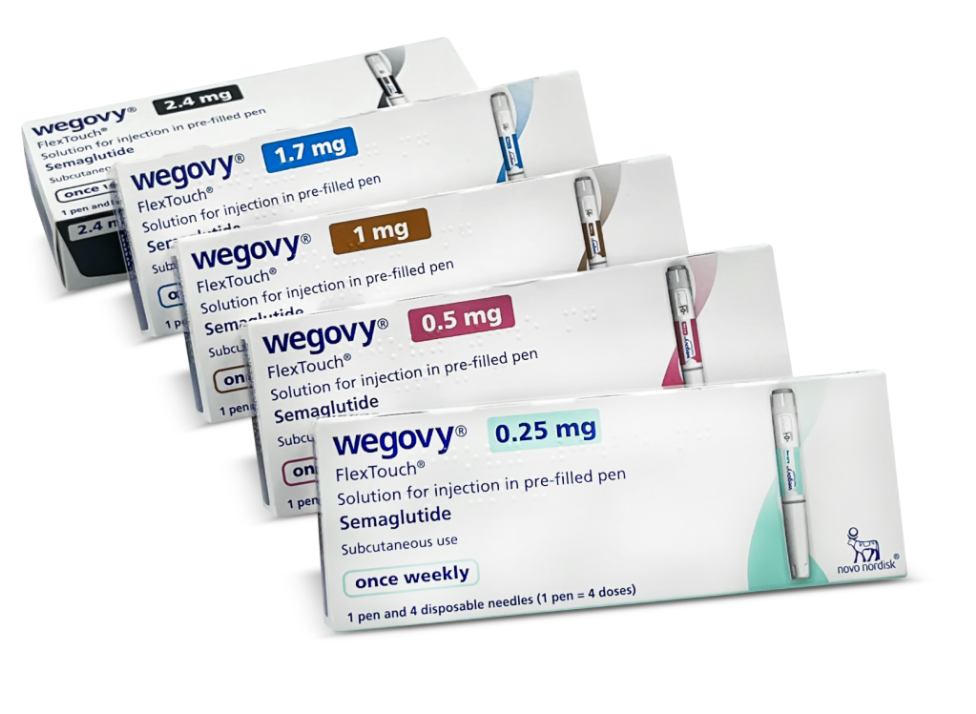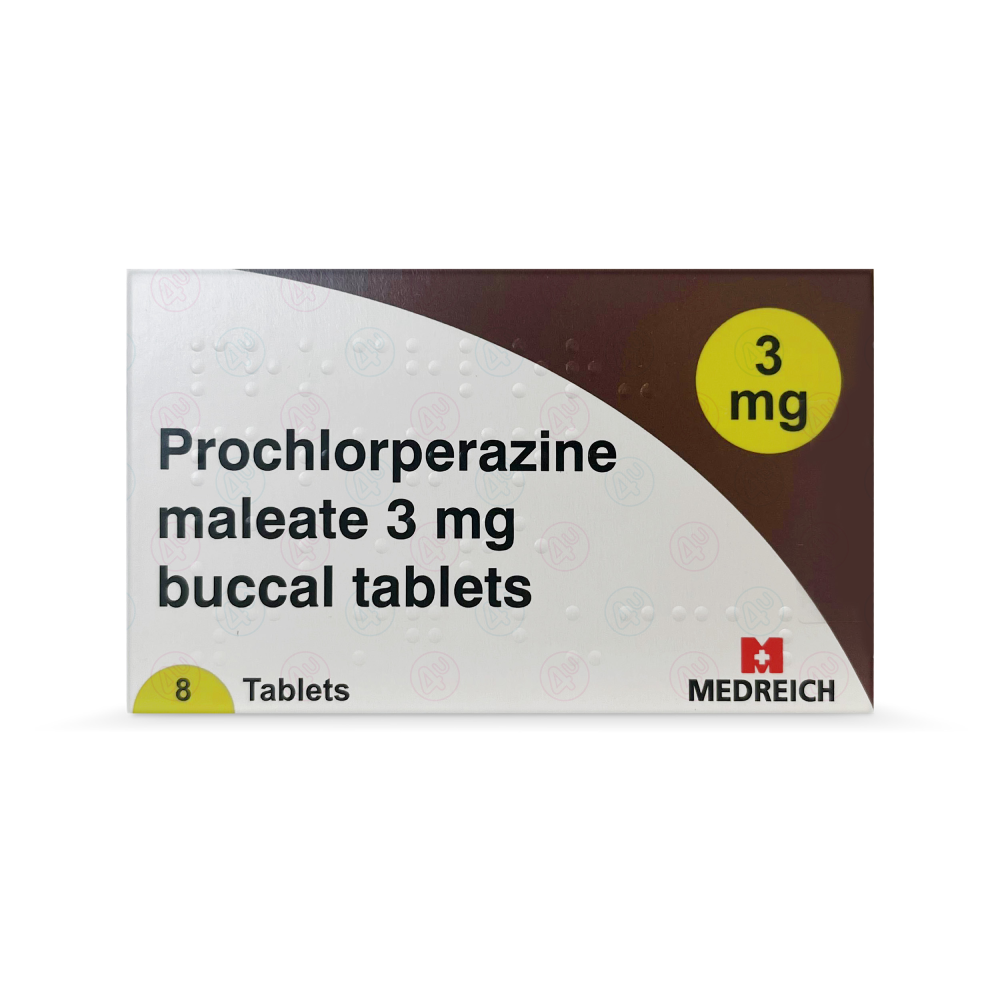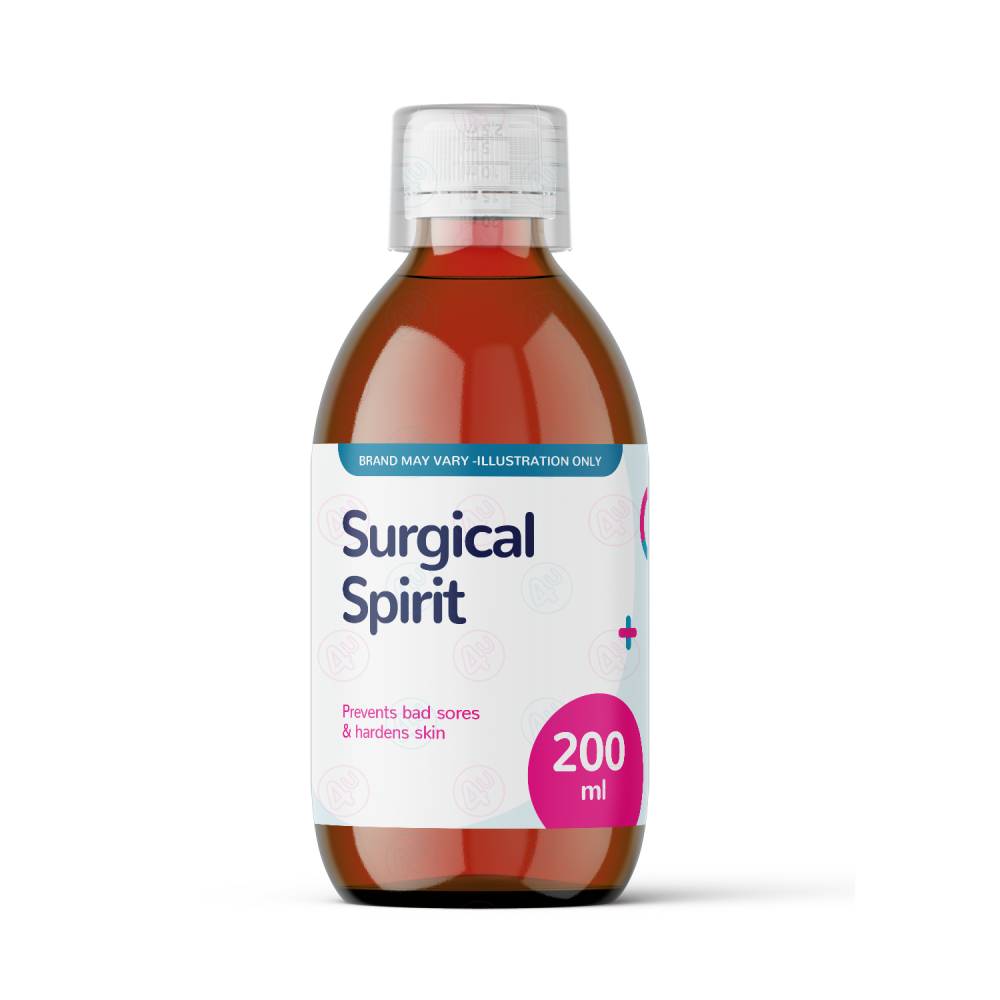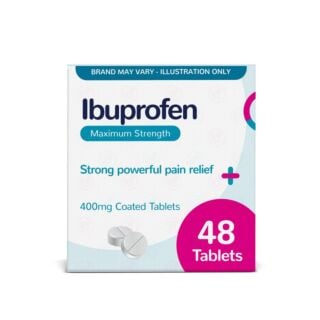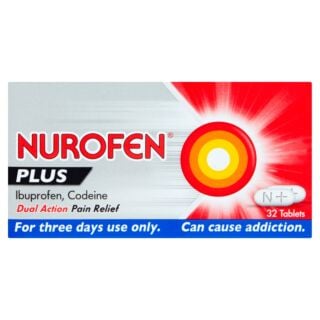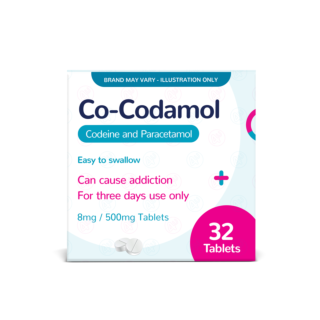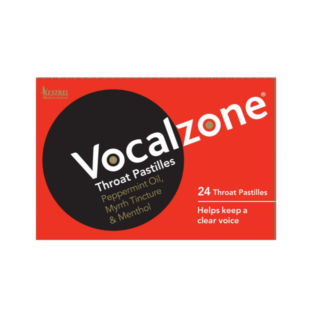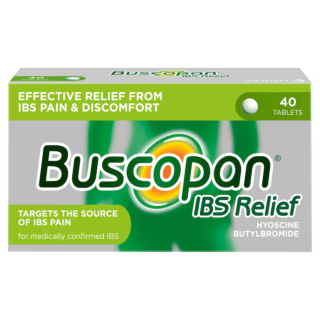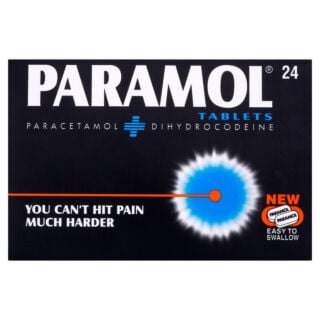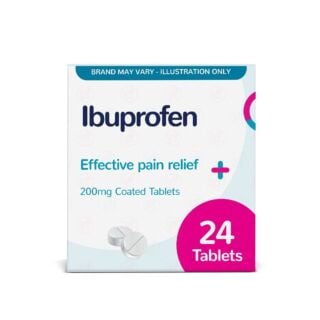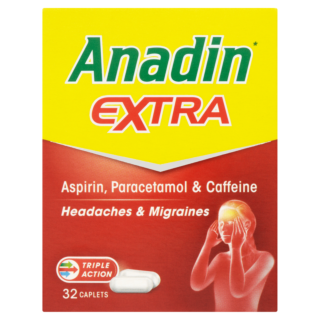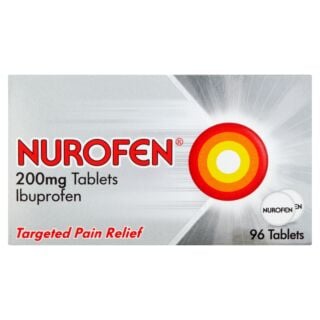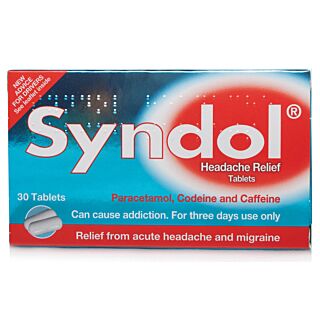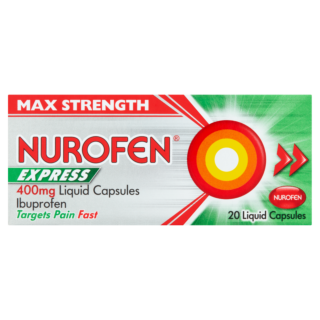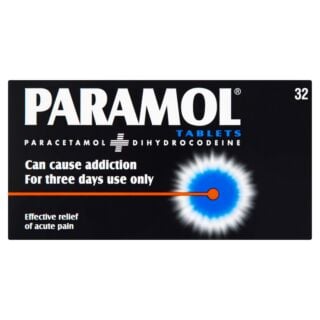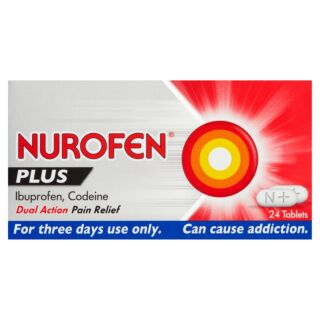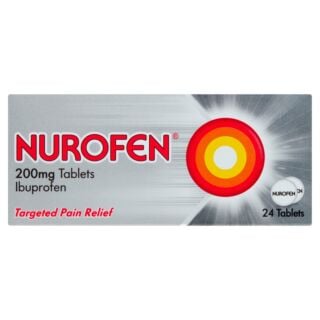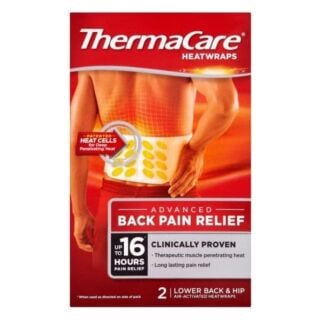Pain Relief
Pain relief refers to treatments and products that help reduce discomfort - whether it’s from a short‑term issue like a headache or toothache, or a longer‑term condition such as arthritis or sciatica. … Read More See less
Relief comes in many forms - from everyday painkillers to gels, creams and patches - and they’re all designed to help you manage pain so you can get back to normal as soon as possible.
What is pain relief?
Pain relief refers to treatments and products that help reduce discomfort - whether it’s from a short‑term issue like a headache or toothache, or a longer‑term condition such as arthritis or sciatica.
Relief comes in many forms - from everyday painkillers to gels, creams and patches - and they’re all designed to help you manage pain so you can get back to normal as soon as possible.
Where can pain occur?
Pain can affect almost any part of the body, but some areas are more frequently affected than others. Let’s explore some of the more frequently troublesome areas.
Back pain
Back pain is one of the most common everyday aches. It can be caused by poor posture, muscle strain, arthritis or injury and may affect the upper, middle or lower back.
Relief options for back pain include heat packs, ice packs, stretching and anti‑inflammatory medication such as ibuprofen to help ease stiffness and improve mobility.
Sciatica pain
Sciatica occurs when the sciatic nerve - running from your lower back to your toes - becomes irritated or compressed. This often causes pain in the lower back, hips, legs or toes.
Sciatica pain relief can involve gentle stretches, heat packs or more targeted therapies.
It’s worth speaking to a pharmacist before taking painkillers like ibuprofen, as it’s not guaranteed to help with sciatica.
Joint and knee pain
Joint pain is a common problem, especially in the knees and hips. It can be caused by injury, arthritis or everyday wear and tear – especially as we get older.
Relief options such as an ice pack, paracetamol and ibuprofen can help reduce swelling and improve movement. If you’re overweight and find joint pain to be a common issue, losing weight may also help.
Tooth pain
Dental pain can be intense and hard to ignore - whether it’s from a cavity, decay, a cracked tooth, gum irritation or an erupting wisdom tooth.
Tooth pain relief products can help soothe discomfort while you arrange to see a dentist, and may include numbing gels, a salt water rinse or anti‑inflammatory remedies to reduce any swelling.
Period pain
Many people experience cramps, sharp tummy pain and discomfort during their period.
Period pain relief options such as a heat pad, a warm bath and paracetamol can help relax muscles and reduce cramping so you can carry on with your day.
Ear pain
Earaches can be caused by anything from infections and wax build‑up to a perforated eardrum and inflammation.
Ibuprofen or paracetamol can help calm discomfort while the underlying cause is treated. It’s best to avoid inserting anything into the ear - like cotton buds - as this can make things worse.
What causes pain?
Pain can be caused for a range of reasons, including:
- Injuries, sprains or muscle overuse
- Inflammation from conditions such as arthritis
- Nerve irritation such as sciatica
- Dental problems like gum disease
- Hormonal changes during menstruation
- Bone fractures
- Cuts and burns
- Ear infections or excess earwax
Identifying the cause of pain can help you choose the most effective form of pain relief.
Different ways to relieve pain
There’s no single solution for pain relief - the best option depends on the type and location of your discomfort.
Popular choices include:
- Tablets and capsules including ibuprofen and paracetamol offer convenient and effective action for general pain management
- Topical gels and creams such as Voltarol and Movelat can provide targeted relief when applied directly to the affected area
- Pain relief patches like those from Nurofen provide continuous, long‑lasting support right where you need it
- Heat and cold remedies such as Cura-Heat or an ice pack can also help to reduce inflammation or relax tight muscles
These options can help you feel more comfortable and able to get on with things. If pain persists though, you should speak to your doctor or pharmacist as you may need to deal with the underlying cause of the pain.
What’s the difference between painkillers and anti‑inflammatory medicines (NSAIDs)?
Painkillers work in different ways to help manage discomfort. Some, like paracetamol, target pain and help reduce fever.
NSAIDs (non‑steroidal anti‑inflammatory drugs) - such as ibuprofen - help to reduce inflammation, relieve pain and calm a fever which makes them useful for conditions like joint pain, back pain, colds and headaches.
Always follow the dosage instructions and speak to a pharmacist or your GP if you’re unsure which option is right for you - especially if you have other health conditions or take regular medication that might not agree with some pain relief medicine.
How to support pain relief with self‑care
Medication can help with pain, but it’s not the only tool you have. Simple changes to your daily routine can make a real difference to how you feel too.
Rest is very important - especially if your pain is caused by an injury - but being idle for a long period of time can actually make some problems worse. Back ache, for example, may require gentle movement to help keep joints and muscles from stiffening up.
Here are some simple self‑care tips that can support your pain relief:
- Use heat or cold therapy – heat packs or warm baths can relax tight muscles and soothe cramps, while ice packs can help reduce swelling and inflammation
- Move gently – low‑impact activity like walking or swimming can help keep joints flexible without putting too much strain on them
- Improve your posture – adjust your chair, desk or sleeping position to give your back and neck better support
- Stay hydrated – drinking enough water helps keep your body functioning well - it lubricates joints and flushes out toxins which can support recovery
- Get enough rest – quality sleep helps your body repair and can make pain easier to manage, so try and stick to your normal sleep routine as best you can
- Wear supportive shoes – good footwear can reduce strain on your knees, hips and back
When to see a doctor about pain
Most everyday aches and pains improve with self‑care, time, rest and over‑the‑counter treatments - but some pain can be a sign of something more serious.
You should speak to your doctor if you notice:
- Pain that doesn’t improve after around 12 weeks
- Sudden, severe or worsening pain
- Pain with fever, swelling or unexplained weight loss
- Numbness, tingling or weakness in your limbs
- Persistent tooth, ear or joint pain that affects your daily life
Getting checked can help rule out underlying problems and make sure you get the right treatment for your symptoms.
Sources
- https://www.healthdirect.gov.au/pain-relief-medicines
- https://www.bupa.co.uk/health-information/muscles-bones-joints/upper-back-pain
- https://www.nhs.uk/conditions/back-pain/
- https://www.nhs.uk/conditions/sciatica/
- https://www.hopkinsmedicine.org/health/conditions-and-diseases/knee-pain-and-problems
- https://www.nhs.uk/symptoms/joint-pain/
- https://www.nhs.uk/symptoms/toothache/
- https://www.nhs.uk/symptoms/earache/
- https://www.healthline.com/health/pain
- https://www.nhs.uk/medicines/paracetamol-for-adults/common-questions-about-paracetamol-for-adults
- https://versusarthritis.org/about-arthritis/treatments/drugs/ibuprofen/
- https://www.nhs.uk/medicines/nsaids/
- https://www.nhs.uk/live-well/pain/10-ways-to-ease-pain/
- https://www.hopkinsmedicine.org/health/treatment-tests-and-therapies/ice-packs-vs-warm-compresses-for-pain
- https://www.spine-health.com/wellness/ergonomics/office-chair-how-reduce-back-pain
- https://thepaincenterinc.com/Blog/ArticleID/1017/Can-Drinking-More-Water-Help-With-My-Chronic-Pain
- https://www.nhs.uk/live-well/pain/how-to-get-nhs-help-for-your-pain/

Free delivery when you spend over £30

100% discreet delivery for every item ordered

Fully regulated UK pharmacy
What kinds of pain can paracetamol be used for?
Paracetamol can be used to ease lots of different everyday aches and pains, as well as bring down a fever or high temperature.
Some of the most common reasons that people use paracetamol include:
- Headaches & migraines
- Toothache
- Sore throats
- Period pain
- Cold & flu
- Nerve pain
- Muscular pain
- Sprains and strains
Can I take ibuprofen and paracetamol together?
Paracetamol can be used with some other pain relief medications to help ease your aches and pains more effectively.
Paracetamol and ibuprofen is a popular combination, as they can be used together safely to offer pain relief and can help reduce a fever, ibuprofen has the added bonus of relieving swelling or inflammation too.
Paracetamol can also be used at the same time as aspirin or codeine, as well as other medications.
If you think you would benefit from taking two painkillers at once you should speak to your doctor or pharmacist so they can help to determine the best possible combination for you.
They will also be able to tell you what dosage of each medication you’ll need, as making sure that you’re using each medicine properly is an essential part of taking them in combination.
Can I also use aspirin for pain relief?
Aspirin can also be used as a pain relief medication, but it’s used in higher doses than you would use to support your heart health.
You usually only need to take one 75mg aspirin a day for heart health, whereas the usual dose of aspirin for pain relief is one to two 300mg tablets every 4 – 6 hours, not taking more than 12 tablets in any 24-hour period.
If you’re taking daily low dose aspirin and want to use aspirin for pain relief, speak to your doctor or pharmacist to make sure that this is the best choice for you and to help you to get your doses right.
Can I take two pain relief tablets at once?
Sometimes when you take painkillers you find that although they make your headache, backache, or whatever your aches and pains you’re trying to treat a bit better, they don’t quite do the job.
This is when you might consider picking up another painkiller to try to kick that pain to the curb. But how do you know if this is safe? Can you take more than one painkiller at once?
If you’ve ever looked into your medicine cabinet and asked yourself one of these questions then you’ve come to the right place.
We’re here to answer all of your questions about which painkillers you can take together, which you can’t, and which other medicines shouldn’t be taken with your pain relief.
How do you stop joint pain?
While pain killers can provide relief for joint pain, there are some lifestyle changes that you can try to keep your joints healthy and reduce the severity of your pain.
If you’re overweight, losing the extra pounds could relieve the pressure on weight-bearing joints like hips and knees.
When exercising, choose low-impact activities like walking, swimming or using an elliptical machine.
What can help toothache?
If you’ve got toothache, it’s important that you make a dentist appointment to find out what the problem is.
In the meantime, however, you might need something to relieve the pain.
Regular painkillers like paracetamol and ibuprofen should help to relieve your pain, or you could try an alternative remedy like a saltwater rinse or clove oil.
What can help with sciatica pain?
Sciatica is when the sciatica nerve becomes compressed, and you might feel a shooting, burning pain running from your lower back to your feet.
The first treatment options your GP may suggest are exercises and stretches or offering you painkillers that can relieve your pain.
If this doesn’t work, they may refer you to have painkiller injections, a procedure to seal off some of the nerves to stop them from sending pain signals, or decompressive surgery.
What is the best over-the-counter medicine for nerve pain?
There are numerous over-the-counter pain relievers out there to help you manage your nerve pain, ranging from topical painkillers, which include anaesthetic properties to numb the area of pain.
This is a good option as it effectively targets the direct spot that requires treatment.
You may wish to use over-the-counter painkillers like aspirin or ibuprofen, but they probably won’t be effective for severe nerve pain - if you think you need stronger painkillers, speak to your doctor.


